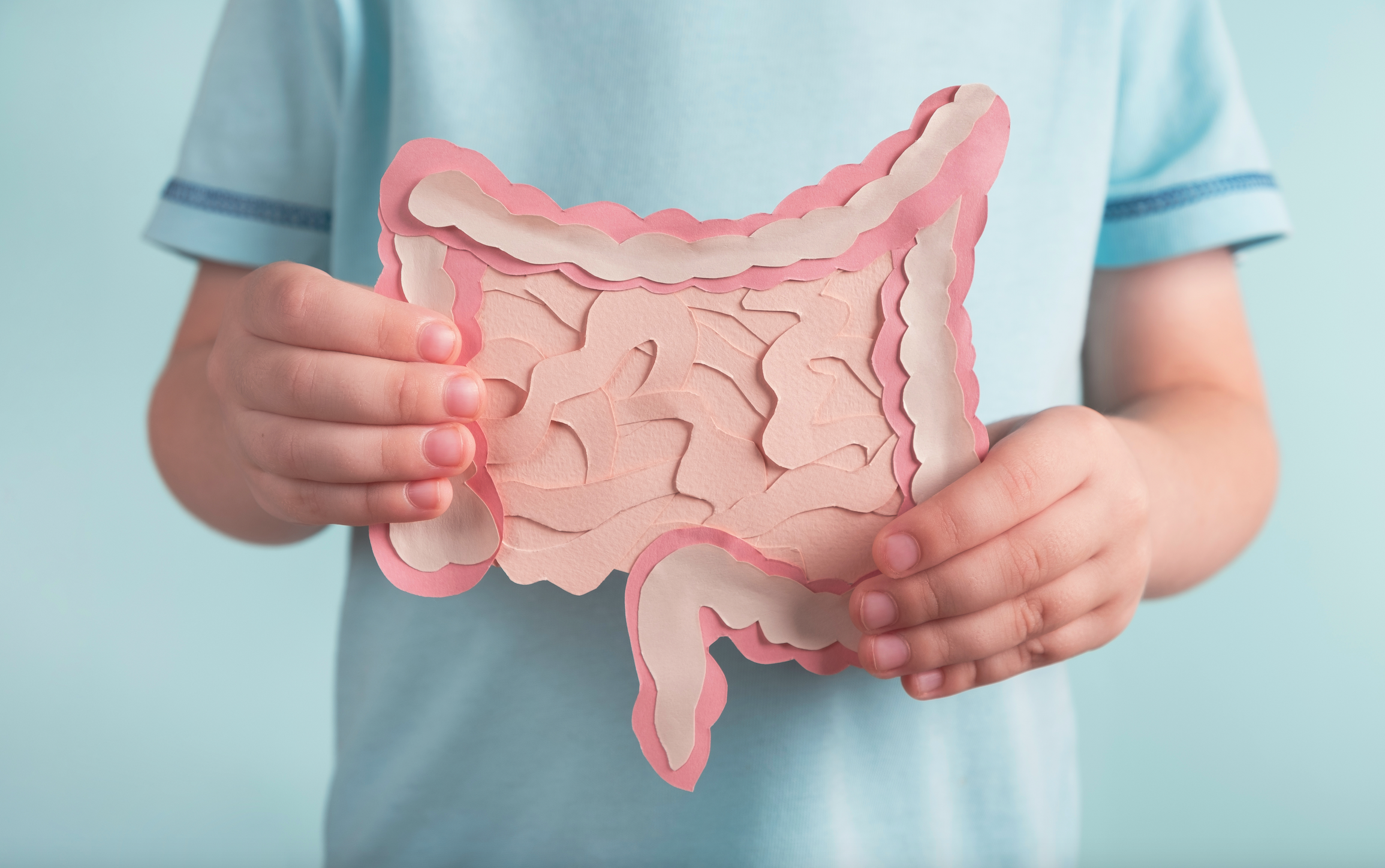The role of gastrointestinal dysbiosis and fecal transplantation in various neurocognitive disorders
The role of gastrointestinal dysbiosis and fecal transplantation: This review by Castro-Vidal et al. (2024) underscores the crucial role of the human microbiome in the pathology of neurological and neurodegenerative illnesses, with a particular emphasis on dysbiosis (i.e., imbalance in gut bacteria) that results in gut-brain axis malfunction. Previous studies have linked dysbiosis to conditions such as Alzheimer’s disease (AD), Parkinson’s disease (PD), stroke, and multiple sclerosis (MS). Through signaling molecules, including neurotransmitters, metabolites, and short-chain fatty acids, the gut microbiota influences the central nervous system (CNS), impacting both the development of illness and the health of the brain. Fecal microbiota transplantation (FMT), one of the new medicines, has demonstrated promise in reestablishing microbial balance and lowering neurological symptoms, especially in PD and Alzheimer’s disease. Additionally, the potential of dietary strategies like probiotics, prebiotics, and customized diets to modify gut microbiota and enhance patient outcomes is being investigated. This review underscores the therapeutic potential of modifying gut microbiota but stresses the need for additional clinical trials to confirm the safety and effectiveness of these treatments in managing neurological and mental health disorders. [NPID: Human microbiome, neurological disorders, neurodegenerative diseases, gut-brain axis, dysbiosis, Alzheimer’s disease, Parkinson’s disease, fecal microbiota transplantation, probiotics, clinical trials]
Year: 2024
 Navigation
Navigation








